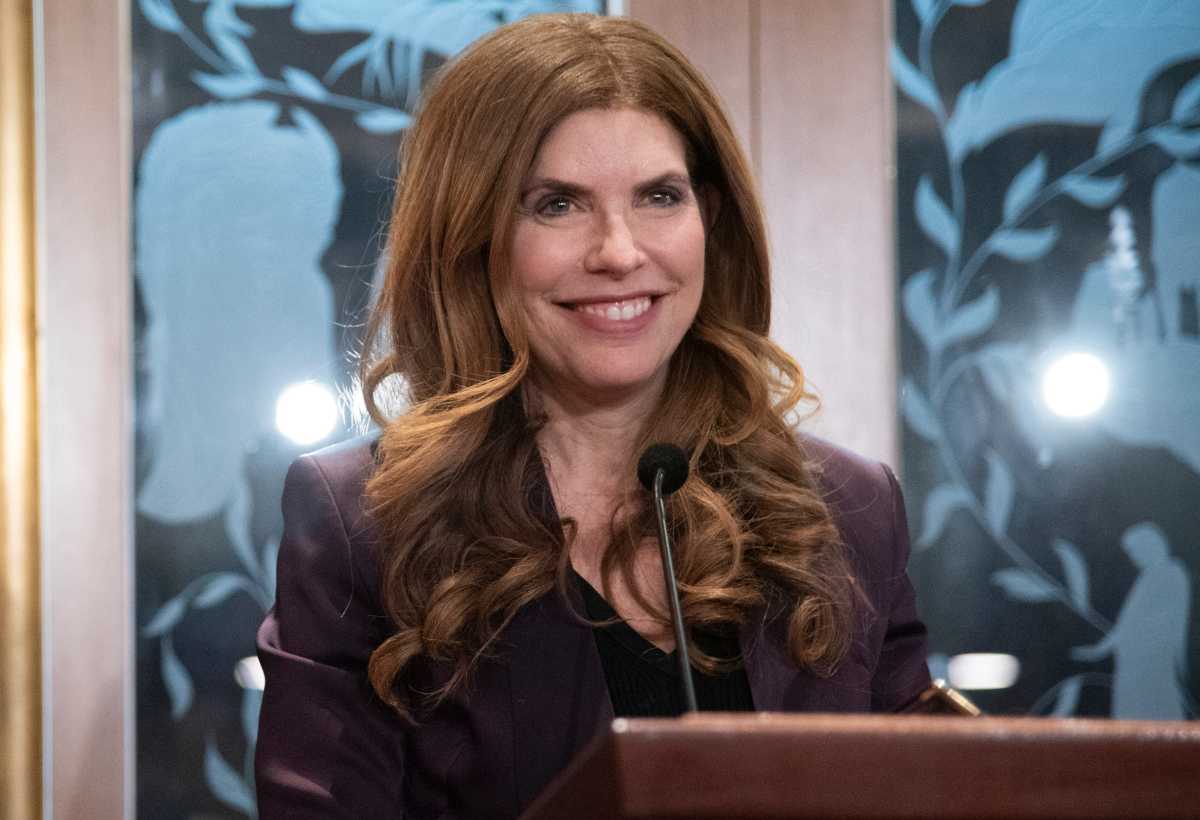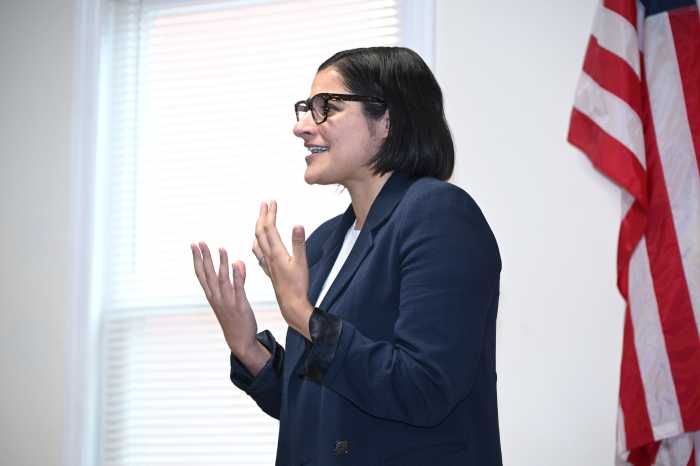By Rory I. Lancman
Human trafficking is a horrifying reality in New York City.
An untold number of people, primarily women and children, are trapped in modern-day slavery that occurs in neighborhoods and communities all across our city.
While law enforcement has worked to combat this sickening practice and hold traffickers accountable, New York City and New York state have grappled with how to best assist victims who come into contact with the criminal justice system, many of whom are forced into prostitution against their will. It made little sense for our justice system to treat trafficking victims as defendants facing time in jail.
As a result, in 2013 New York state created new courts statewide called Human Trafficking Intervention Courts. These specialized courts, based on a pilot project started in Queens, are designed to connect human trafficking victims to social services, including mental health care, housing, and educational and employment opportunities, instead of incarceration. All stakeholders in the criminal justice system — judges, prosecutors, and defense attorneys — work collaboratively to identify the best response to help each individual who appears before them.
This innovative model can break the cycle of abuse and put victims’ lives on a new trajectory.
Since I entered the City Council in 2014, I have made it a priority to ensure that Human Trafficking Intervention Courts and service providers have the resources they need to best assist survivors. In 2015, I convened a City Council hearing specifically to call for more city funding for these courts.
In recent years, Human Trafficking Courts have made a huge difference in the lives of thousands of New Yorkers. The city has Human Trafficking Intervention Courts operating in all five boroughs, and last year alone these courts served more than 1,300 people citywide and nearly 600 people in Queens.
I am proud to say that the city has once again demonstrated its commitment to Human Trafficking Intervention Courts. In the upcoming year, the city will provide a record $1.2 million to support these courts and their affiliated service providers, a $200,000 increase from the previous year. The increased funding will enable the courts to meet growing demand and address specific service needs, including ESL classes for survivors, culturally and linguistically competent counselors, and emergency, transitional, and long-term housing.
This is a big deal. Additional services for victims can lead to better outcomes.
As human trafficking continues to upend lives across our city, it is my hope that the city will continue to provide additional funding to support these courts in the years to come. Our justice system can be the driving force for good.
Rory I. Lancman
City Councilman (D-Hillcrest)



































